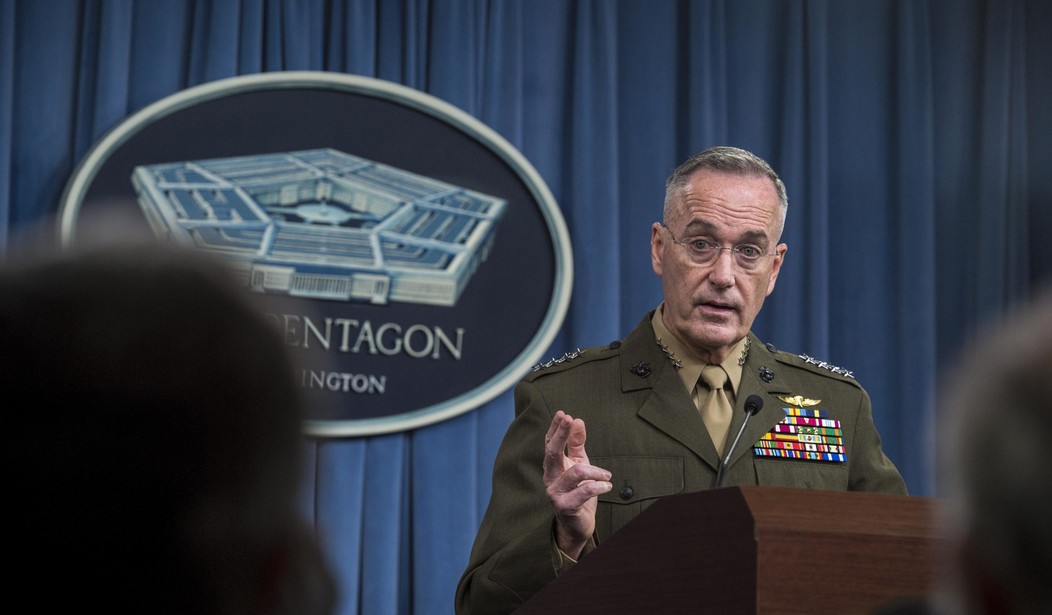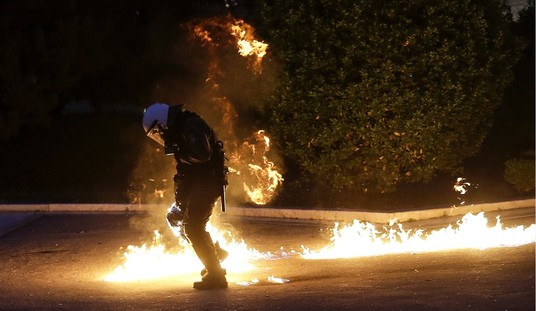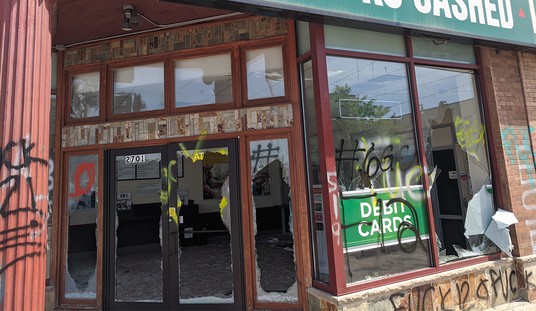ARLINGTON, Va. — The chairman of the Joint Chiefs of Staff said circumstances being investigated in the deaths of four soldiers earlier this month in Niger include why intelligence predicted the forces wouldn’t run into terrorists along with why it took an hour after the ambush began for forces on the ground to call for support.
Gen. Joseph Dunford told reporters at the Pentagon that U.S. forces operate in regions like Niger to “cut that tissue” connecting terror groups across the world “while enabling local security forces to deal with the challenges within their countries and region.”
The fall of ISIS in Mosul and Raqqa, he stressed, was “an inflection point in the global campaign, not an end point.”
About 800 U.S. troops are currently in Niger, a presence that’s been “off and on” for two decades. France leads the international effort there with 4,000 troops.
On Oct. 3, a dozen members of the U.S. Special Operations Task Force traveled with 30 Nigerien forces on a reconnaissance mission to an area near the village of Tongo Tongo, north of the capital Niamey near the Mali border. “The assessment by our leaders on the ground at that time was that contact with the enemy was unlikely,” Dunford said.
The next day, the group was heading back mid-morning when they were ambushed by about 50 ISIS-associated terrorists with “small-arms fire, rocket-propelled grenades and technical vehicles.”
“Approximately one hour after taking fire the team requested support. And within minutes the remotely piloted aircraft arrived overhead. Within and hour, French Mirage jets arrived on station,” the Joint Chiefs chairman described. “And then later that afternoon, French attack helicopters arrived on station, and a Nigerien quick-reaction force arrived in the area where our troops were in contact with the enemy.”
Two wounded U.S. soldiers were evacuated by the French. Staff Sgt. Bryan C. Black, 35, of Puyallup, Wash., Staff Sgt. Jeremiah W. Johnson, 39, of Springboro, Ohio, and Staff Sgt. Dustin M. Wright, 29, of Lyons, Ga., were killed in action.
Two days later, the body of another American who had been listed as missing after the attack was located about a mile from the attack site by Nigerien forces: Sgt. La David T. Johnson, 25, of Miami Gardens, Fla. NBC reported that the Green Berets had retreated and, trapped, were attacked again.
“From the time the firefight was initiated until Sergeant Johnson’s body was recovered, French, Nigerien, or U.S. forces remained in that area,” Dunford said.
Why it took an hour for forces on the ground to call for support will be one of the questions probed in the investigation, he noted. “We shouldn’t conclude anything by that one hour. It may very well have been — and I’ve been in these situations myself where you’re confronted with enemy contact, your initial assessment is you can deal with that contact with the resources that you have, and at some point in the firefight they concluded they then needed support, and so they called for additional support.”
“The reason why we’re in west Africa is because it’s an area of concentration of ISIS and al-Qaeda. The reason why our special operations forces are operating in Libya is because there is a threat of ISIS attacks from Libya,” Dunford explained. “The reason they’re in east Africa is because there is an al-Qaeda and a smaller ISIS presence there, so to the extent that they’re taking risks, we have sent them there to operate in areas within which there are extremist elements that if we weren’t conducting operations our judgment is that they would have the capability to plan and conduct operations against the homeland, the American people, or our allies.”
“So are they taking risks? They are. Are they taking risks that are unreasonable or not within their capabilities? I don’t have any reason to believe that.”
The assessment before the Nigerien mission was that “they did not expect resistance on this particular patrol, at least when they first planned it.”
“At some point, did the intelligence that was available to them change? Did they have other intelligence available? Did they decide to do something different than the original patrol with their partner forces? Those are some of the key questions that the investigation is looking to uncover,” Dunford said.
He said that Americans should know that “with a relatively small footprint, we are enabling local forces to deal with these challenges” around the world “before they become a threat to the American people, and to help them to deal with the challenges so they don’t further destabilize their local area or region.”
Meanwhile, he said, the U.S. has resumed conducting patrols with Nigerien forces.
Of the ISIS-affiliated tribal fighters responsible for killing the four U.S. soldiers, Dunford said, “I think we’ll enable our local partners to go after them as a matter of priority.”









Join the conversation as a VIP Member